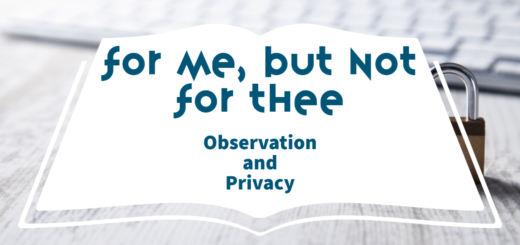Do your words matter on Facebook?
Thought of the day: Perhaps the reason Facebook has gained so much data is because we, the users, don’t value our own words and actions enough. Do our words matter? Do we value them? Are we willing to protect them?
In Mark Zuckerburg’s Senate hearing, he was quick to note that Facebook OWNS the data collected from our usage of his system. While I’m sympathetic to his claim, I am also dismayed by the amount of data they own about each individual. Facebook collects data on a huge variety of things we do and say. Posts we make. Videos we watch. Links we click. Pages we like. Locations of photos we upload. Information other people post about us. Our networks and connections. Information about payments. Device information used to access Facebook. Information from websites and apps that use Facebook services. Information from third-parties. Other Facebook companies. As some people jokingly state, it seems like Facebook knows us better than we know ourselves.
Copyright
As I researched a section on copyright for my e-commerce book, I discovered that everything published on the Internet is by default copyrighted by the individual posting it. The only way that copyright is forfeited is if the author agrees to relinquish their right. Facebook cleverly discusses intellectual property (IP) like copyright in their terms of service, saying that users own all the content and information they post on Facebook, but grant Facebook “non-exclusive, transferable, sub-licensable, royalty-free, worldwide license to use any IP content that you post…”. If a user deletes the content from Facebook, that license ends. In the meantime, all of this data and intellectual property is available for Facebook to make money off of. We willingly give license to Facebook for the simple fact that they make it easy to connect with our friends and family. This is not a violation of privacy, even if we lose our privacy, since we voluntarily post this information. We do so willingly.
Do our words matter?
How can they get away with this? My thesis is that most people don’t think what they are saying or doing is worth protection. Many people have so little regard for the things they say and do that they willingly give online companies the right to claim ownership or at least “non-exclusive” use of it. They don’t think they are important enough to warrant protection for their words. It’s as if we don’t think our words matter. As if our thoughts don’t matter. When enough people feel that way, Facebook finds a way to exploit these insecurities and make money advertising to them.
While Facebook doesn’t directly violate our privacy, the implications for sharing so much data does rise concerns for privacy. Many of the privacy concerns we have today stem from the fact that many people do not value the data about themselves and share so freely. Over time, companies collect, collate, and share this information until they seem to know so much about us. If we stopped the sharing at it’s source or demanded better protection for our data, these perceived privacy violations would not arise.
I know this thesis may be controversial. That’s why I would to talk about it in more detail and hopefully develop a research project around it to see if it’s true or not. Please share your thoughts in the comments below.


